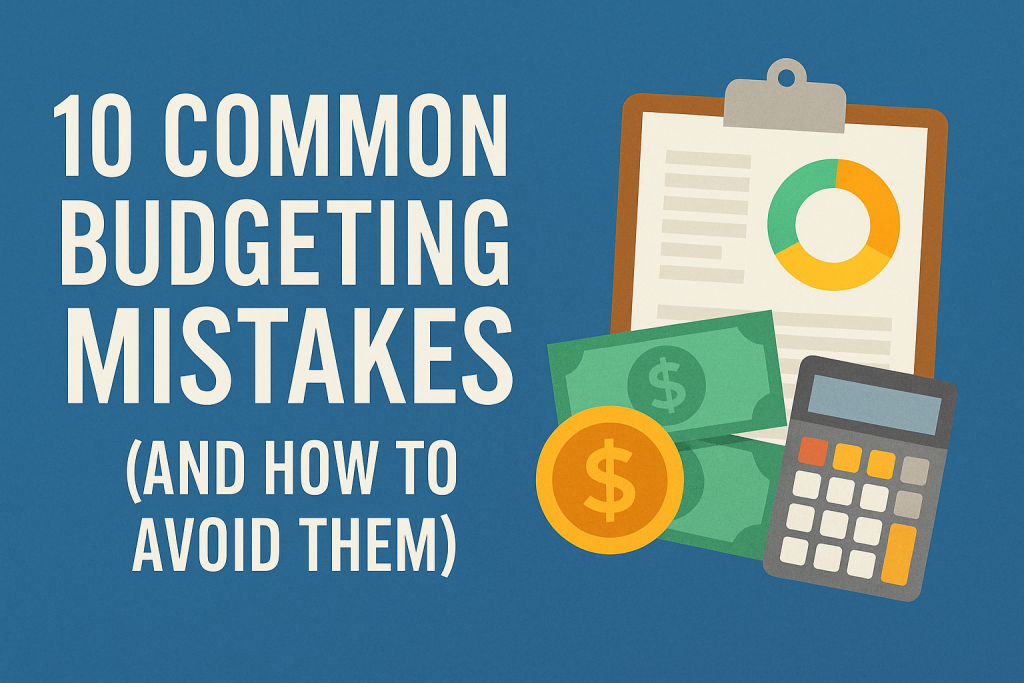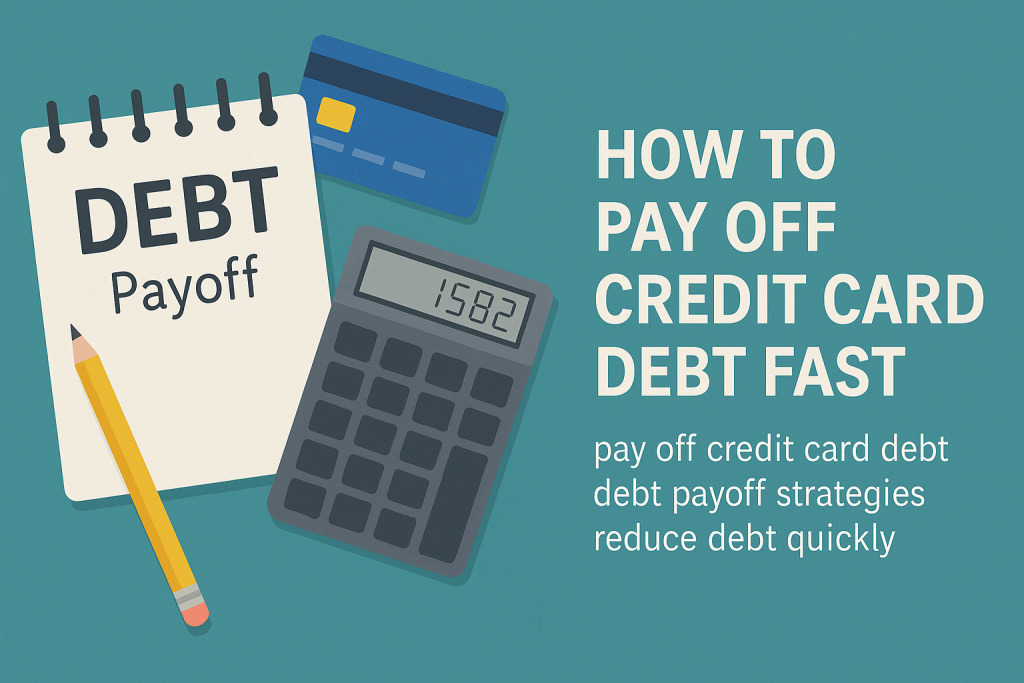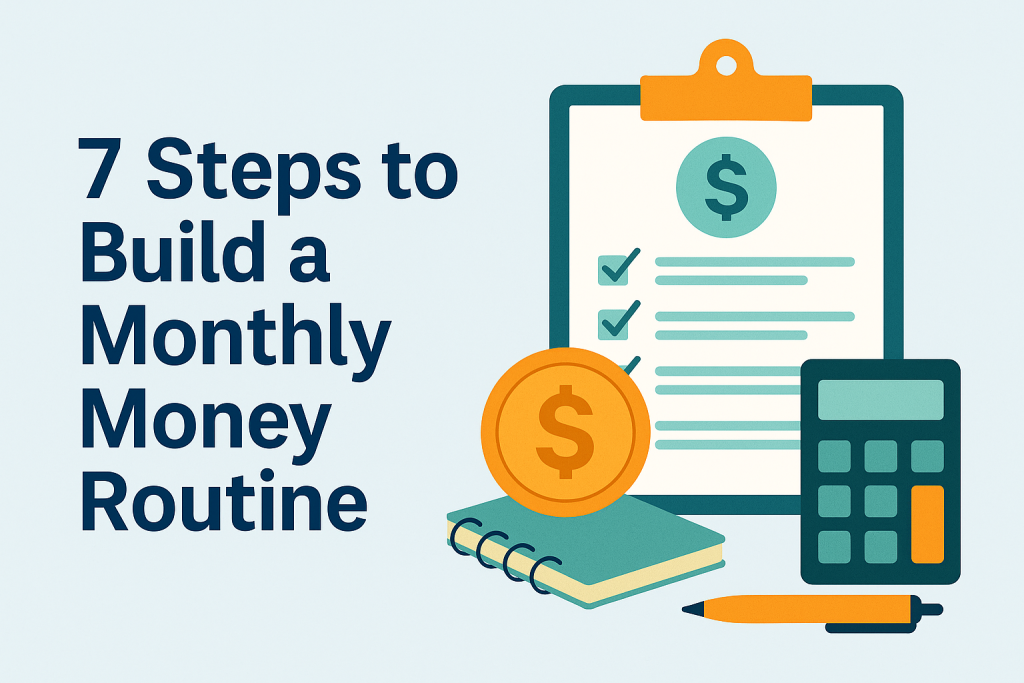Creating a budget is a smart way to manage your money, but even the best plans can go off track without the right approach. Many people make common budgeting mistakes that prevent them from achieving their financial goals. In this guide, we’ll explore the top 10 budgeting mistakes and show you how to avoid them, so you can improve your personal finances and build a better relationship with your money.
Why Budgeting Matters
A budget is more than just a list of expenses. It’s a roadmap for your financial journey. By understanding how to budget effectively, you can gain control over your spending, save more for the future, and reduce financial stress. Avoiding these common mistakes can make a big difference in your financial health.
Top 10 Budgeting Mistakes (and How to Avoid Them)
1. Not Tracking Your Spending
One of the most frequent budgeting mistakes is failing to track expenses. Without knowing where your money goes, it’s impossible to make informed decisions. Use budgeting apps or spreadsheets to monitor your spending regularly.
2. Setting Unrealistic Goals
Many people try to cut too much too quickly, which leads to frustration. When learning how to budget, set achievable goals that fit your lifestyle. Start small and adjust over time to build lasting habits.
3. Forgetting to Budget for Irregular Expenses
It’s easy to overlook irregular costs like car maintenance, gifts, or annual fees. These surprise expenses can derail your budget if you’re not prepared. Plan ahead by creating a sinking fund for these occasional costs.
4. Ignoring Small Purchases
Small, frequent expenses—like daily coffees or impulse buys—can add up quickly. Don’t underestimate their impact. Include these small purchases in your budget and keep an eye on them to avoid overspending.
5. Not Adjusting Your Budget
Your budget should evolve with your life. If your income changes or your goals shift, adjust your budget accordingly. Sticking to an outdated plan is a recipe for failure.
6. Failing to Build an Emergency Fund
Without an emergency fund, unexpected expenses can throw your budget into chaos. Prioritize building a safety net with at least three to six months’ worth of expenses to protect your financial stability.
7. Overestimating Future Income
Budgeting based on hoped-for income, like bonuses or side gigs, is risky. Always create your budget based on guaranteed income, and treat extra earnings as a bonus, not a necessity.
8. Neglecting to Include Savings
A budget isn’t just about covering bills—it’s about securing your future. Make saving a non-negotiable part of your budget by treating it like a fixed expense, even if you start small.
9. Being Too Strict with Your Budget
Budgets that are too rigid often lead to burnout. Allow some room for fun and flexibility. Life is unpredictable, and your budget should accommodate occasional treats or unexpected expenses.
10. Not Reviewing Your Budget Regularly
Failing to review your budget is a major mistake. Check in monthly to see how your spending aligns with your goals. This simple habit keeps your budget on track and helps you adjust as needed.
Final Thoughts
Budgeting doesn’t have to be complicated, but avoiding common budgeting mistakes is key to success. By understanding how to budget effectively and staying flexible, you can avoid the personal finance mistakes that hold many people back. Remember, a budget is a tool to help you achieve your goals—not a punishment. Start small, stay consistent, and make budgeting a lifelong habit.


